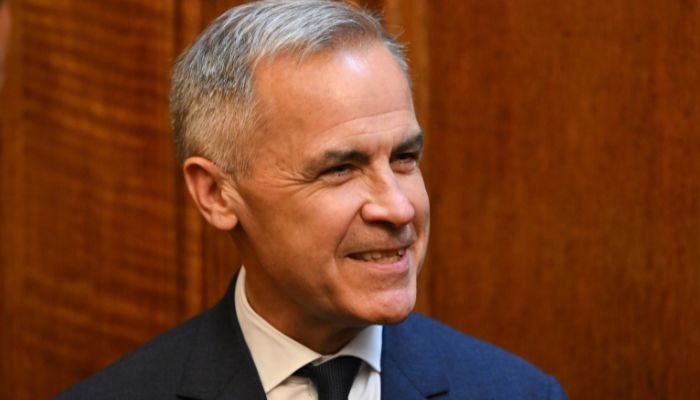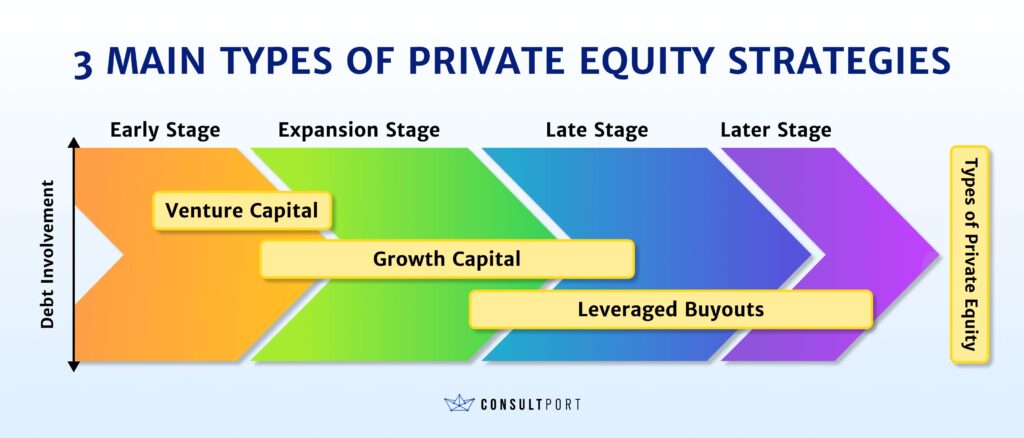The Carney Cabinet: Business Leaders' Top Concerns And Expectations

Table of Contents
Economic Uncertainty and Inflationary Pressures
Business leaders are deeply concerned about persistent inflation and its impact on various aspects of their operations. This "Carney Cabinet" of experts is actively strategizing to navigate these turbulent economic waters.
Navigating Inflationary Headwinds:
Persistent inflation poses significant challenges to profitability and long-term strategic planning. The Carney Cabinet is acutely aware of:
- Rising interest rates and their effect on borrowing costs: Increased borrowing costs directly impact investment decisions, expansion plans, and overall financial flexibility. Many businesses are re-evaluating their capital expenditure plans and seeking alternative financing options.
- Strategies for mitigating price increases and maintaining margins: Businesses are exploring various strategies, including supply chain optimization, cost-cutting measures, and potentially passing some increased costs onto consumers. However, this delicate balancing act requires careful consideration of consumer demand elasticity.
- The impact of inflation on workforce retention and compensation: Inflation erodes purchasing power, leading to demands for higher wages. The Carney Cabinet is grappling with the challenge of attracting and retaining top talent while managing increasing labor costs.
Geopolitical Instability and its Ripple Effects:
Global events are creating significant uncertainty and impacting business confidence. The Carney Cabinet recognizes the ripple effects of:
- Supply chain disruptions due to geopolitical tensions: Geopolitical instability often leads to disruptions in global supply chains, increasing lead times and the costs of raw materials. This necessitates diversification of sourcing and improved supply chain resilience.
- The increased cost of raw materials and energy: Global conflicts and sanctions often drive up the prices of essential resources, impacting production costs and profitability. Hedging strategies and alternative energy sources are being explored.
- Uncertainty regarding future trade relations and tariffs: Unpredictable trade policies create uncertainty for businesses engaged in international trade, making long-term planning and investment decisions more complex.
Technological Disruption and Digital Transformation
The rapid pace of technological change necessitates continuous adaptation and substantial investment. The Carney Cabinet understands that embracing technology is not optional, but crucial for survival and growth.
Embracing Technological Advancements:
To remain competitive, businesses must proactively adopt new technologies. This involves:
- Integrating AI and machine learning into business operations: AI and ML offer opportunities for automation, process optimization, and data-driven decision-making. The Carney Cabinet is investing in these technologies to improve efficiency and gain a competitive edge.
- Investing in cybersecurity to protect against cyber threats: With the increasing frequency and sophistication of cyberattacks, cybersecurity is no longer a secondary concern, but a top priority. Robust security measures are crucial for protecting sensitive data and business operations.
- Adopting cloud-based solutions to enhance efficiency and scalability: Cloud computing offers flexibility, scalability, and cost-effectiveness. Many businesses are migrating their operations to the cloud to improve efficiency and agility.
The Skills Gap and Talent Acquisition:
Finding and retaining skilled workers is a significant challenge. The Carney Cabinet is focused on:
- Strategies for upskilling and reskilling the existing workforce: Addressing the skills gap requires investing in employee training and development programs to equip workers with the skills needed for the future.
- Attracting and retaining top talent through competitive compensation and benefits: Attracting and retaining top talent requires offering competitive salaries, benefits, and a positive work environment.
- Leveraging technology to streamline recruitment and onboarding processes: Technology can help businesses improve efficiency in recruitment and onboarding, reducing time-to-hire and improving the candidate experience.
Sustainability and ESG (Environmental, Social, and Governance) Initiatives
Sustainability and ESG are no longer niche concerns but are central to long-term business success. The Carney Cabinet acknowledges that meeting stakeholder expectations is vital for building trust and ensuring long-term viability.
Meeting Growing Stakeholder Demands:
Consumers, investors, and regulators are increasingly scrutinizing ESG performance. The Carney Cabinet understands the importance of:
- Implementing sustainable business practices to reduce carbon footprint: Reducing environmental impact is crucial for long-term sustainability and meeting stakeholder expectations. Initiatives like carbon offsetting and renewable energy adoption are being implemented.
- Improving diversity, equity, and inclusion within the organization: Building a diverse and inclusive workforce is essential for attracting top talent and fostering a positive work environment.
- Strengthening corporate governance and ethical standards: Strong corporate governance and ethical standards build trust with stakeholders and protect the reputation of the organization.
The Business Case for Sustainability:
Sustainability is not just an ethical imperative but also a driver of business success. The Carney Cabinet recognizes the benefits of:
- Attracting environmentally conscious investors and consumers: Investors and consumers increasingly favor companies with strong ESG profiles.
- Reducing operational costs through energy efficiency measures: Investing in energy efficiency can significantly reduce operational costs and improve profitability.
- Enhancing brand reputation and building trust with stakeholders: A strong commitment to sustainability enhances brand reputation and builds trust with stakeholders, leading to increased loyalty and market share.
Conclusion
The "Carney Cabinet" of business leaders faces a complex web of interconnected challenges—from navigating economic uncertainty and technological disruption to addressing sustainability concerns. Successfully addressing these issues requires strategic foresight, adaptability, and a commitment to long-term value creation. By proactively engaging with these concerns and adopting innovative solutions, businesses can not only weather the current storms but also position themselves for future growth and success. Understanding the key anxieties and aspirations within The Carney Cabinet is crucial for navigating the evolving business landscape. Learn more about how to address these challenges by exploring further resources on navigating The Carney Cabinet's concerns and building a resilient and sustainable future.

Featured Posts
-
 Sergey Bobrovskiy 20 Luchshikh Vratarey Pley Off N Kh L
May 16, 2025
Sergey Bobrovskiy 20 Luchshikh Vratarey Pley Off N Kh L
May 16, 2025 -
 Predicting The Padres Vs Yankees Series A 7 Game San Diego Victory
May 16, 2025
Predicting The Padres Vs Yankees Series A 7 Game San Diego Victory
May 16, 2025 -
 Kid Cudi Auction High Prices For Jewelry And Sneakers
May 16, 2025
Kid Cudi Auction High Prices For Jewelry And Sneakers
May 16, 2025 -
 Olimpia Se Impone A Penarol 2 0 Resumen Y Analisis Del Partido
May 16, 2025
Olimpia Se Impone A Penarol 2 0 Resumen Y Analisis Del Partido
May 16, 2025 -
 Boston Celtics Sold Fans React To 6 1 B Private Equity Buyout
May 16, 2025
Boston Celtics Sold Fans React To 6 1 B Private Equity Buyout
May 16, 2025
